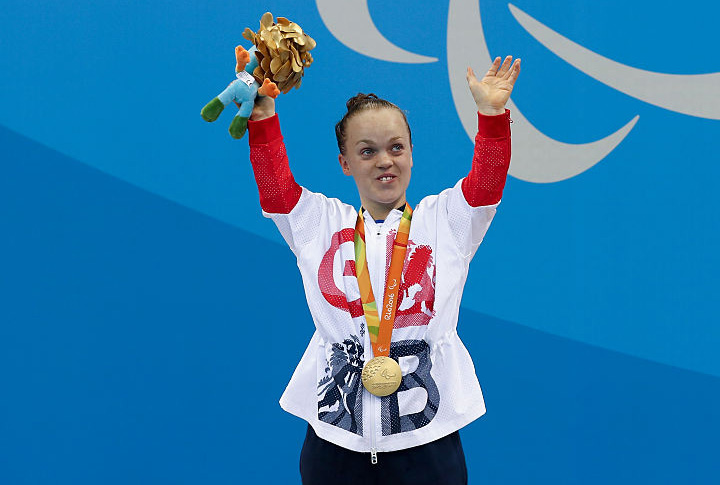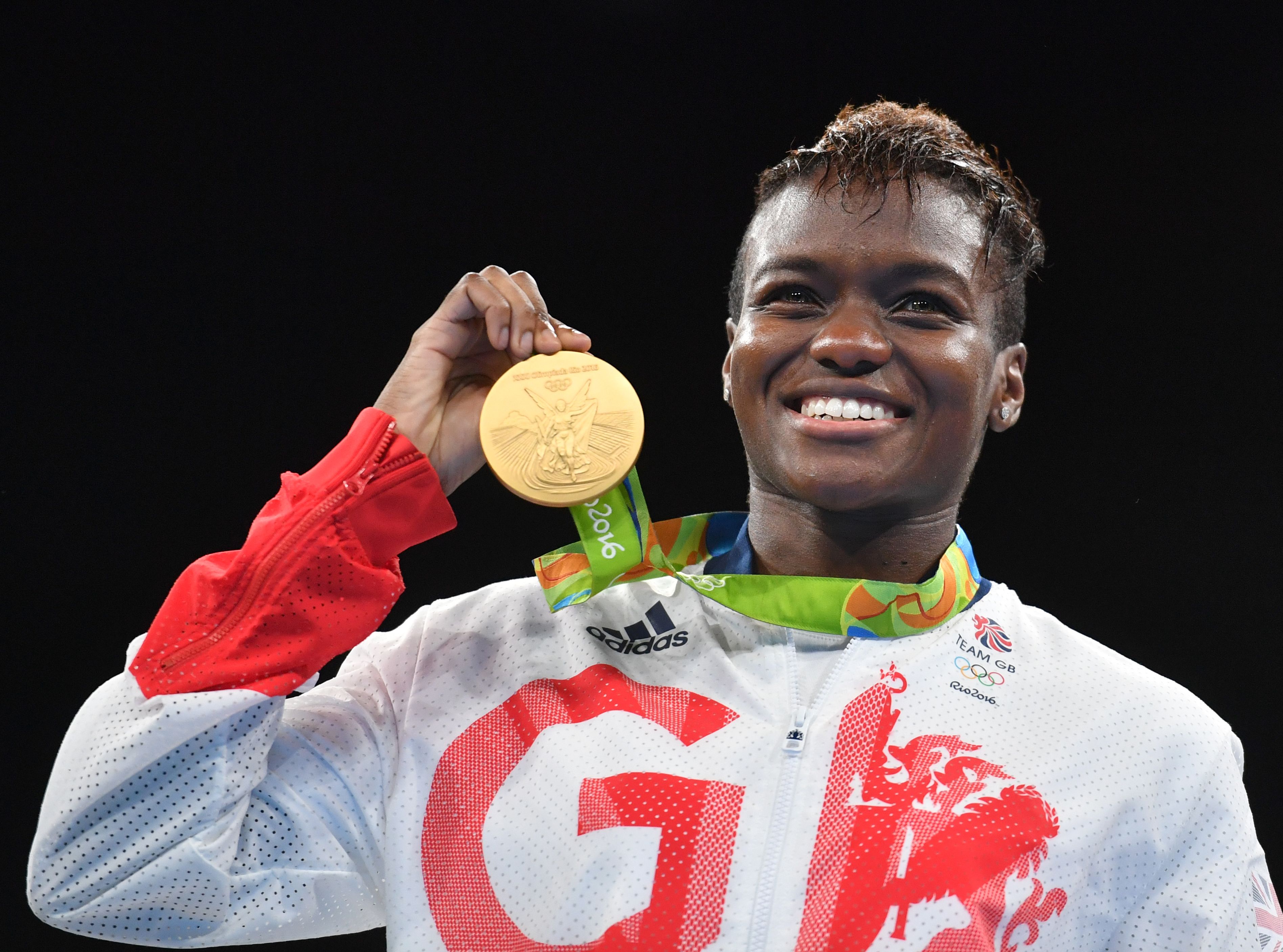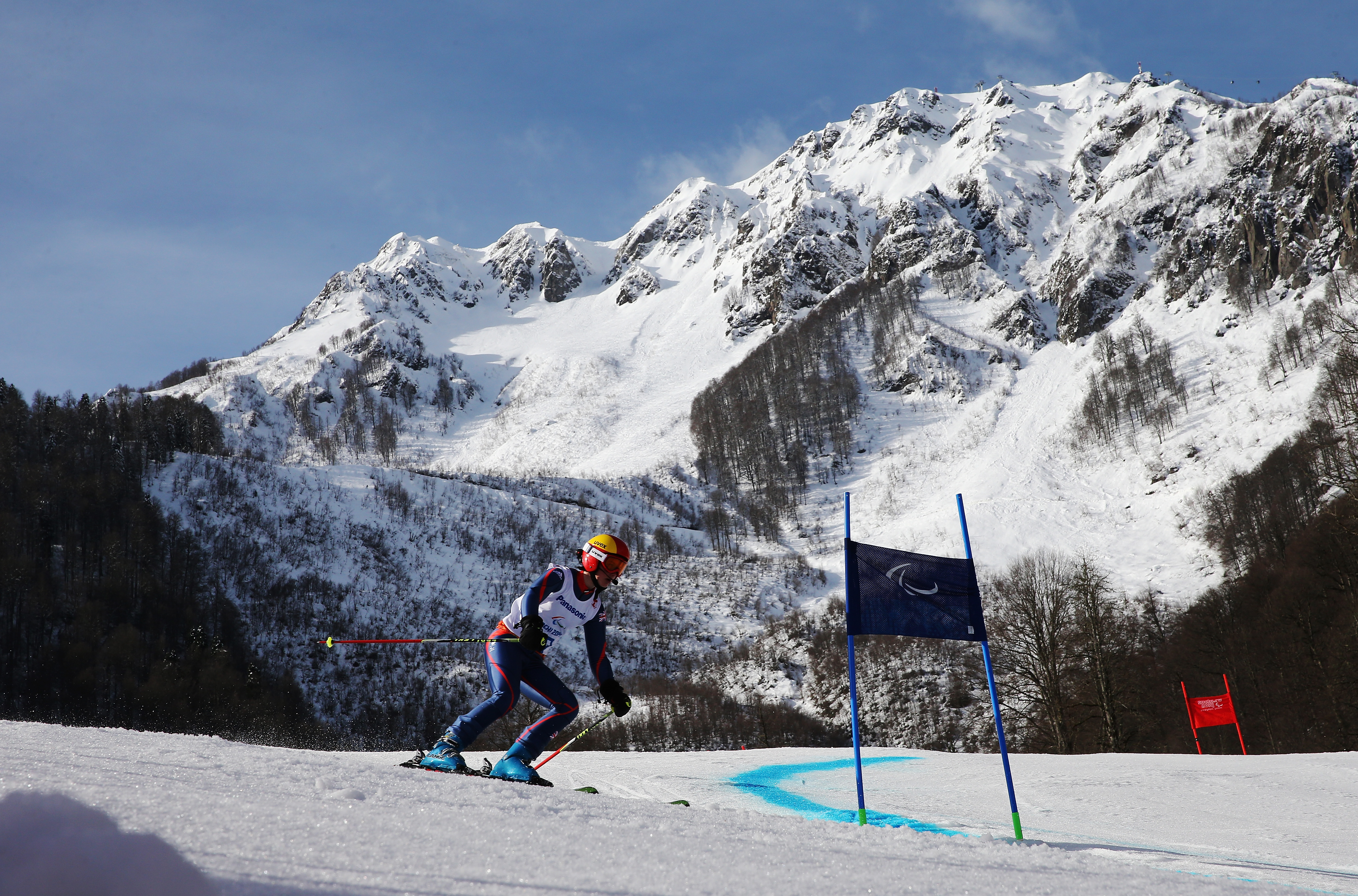In response to today's survey by Pro Bono Economics, Rod Carr, Chair of UK Sport, said: “The fundamental premise of the Pro Bono Economics research is highly questionable. Grass roots and high performance Olympic and Paralympic sport are both hugely important and worthy of investment – there is no question of having to choose between one and the other.
“Investment in grass roots and community sport in this country, quite rightly, is much greater than in high performance. However, as the body charged with delivering success at the Olympic and Paralympic Games to inspire the nation, we believe the impact of investing in our athletes’ success has far reaching benefits for the nation. Our own extensive research across a number of years demonstrates clearly that Olympic and Paralympic success instils a sense of national pride, ambition and achievement, that improved facilities for elite athletes benefit local communities and that hosting major sporting events inspires participation and boosts the economy. And it is now well established that, whenever people are motivated to take up sport or physical activity, or to increase the amount they are already doing, then this is likely to lead to improvements in their physical and mental wellbeing and to generate other benefits related to their individual development.

“Our Olympic and Paralympic athletes have also delivered more than 20,000 volunteering appearances in local schools and community groups since London 2012, sharing their inspirational stories of hard work and dedication. Our athletes are truly inspirational; the nation was captivated by their success in Rio last summer, and to suggest otherwise or try to undermine their value to society is hugely disappointing.
“If the UK wants to be a great sporting and active nation then all the aims set out in the recently published and excellent Sporting Future strategy need full support and coordination across Government, including supporting our most talented athletes to inspire the nation. This strategy makes clear that sport is only part of the wider solution to tackling inactivity and obesity.”
Bill Sweeney, British Olympic Association CEO, said: “We know full well from our own independent and regular research that the inspiration of elite athletes and their success can and does translate into participation and increased physical activity – something that is a wider collective responsibility to promote, not just elite sport.
“The mass participation event I Am Team GB attracted nearly 1m people to get active with 56% of those who participated claiming that they and their families were doing more exercise as a result more than two months after the event.
“Following Rio 2016 our research stated that one in three have become more active in some way either themselves or with their family and that seven in every ten people say Team GB both inspired and unites the nation. In addition to this, Sport England’s Active People Survey showed a rise in participation in sports such as gymnastics, hockey and swimming, sports in which Team GB excelled during Rio 2016. The influence that female Olympians, in particular, have had, along with the hard work of clubs and National Governing Bodies has also been highlighted by Sport England.

“Moreover our education programme Get Set, done in conjunction with the British Paralympic Association, reached 1m young people through 27,000 schools extolling not only the virtues of physical activity but meeting social agendas such as health, nutrition, wellbeing and teaching values such as integrity, respect, responsibility and pride. Athlete inspiration is at the very heart of this delivery – to see people actively undermine the role they play is disappointing.
“The British Olympic Association itself receives no public funding for its activities, but we must recognise the vital role that Government and millions of National Lottery players take in supporting hundreds of UK athletes.”
Tim Hollingsworth, CEO of the British Paralympic Association, said:
“Just six months on from the huge success of Rio 2016, where both Paralympic and Olympic success made this nation proud and the envy of the sporting world, any discussion questioning the vital importance and positive impact of investing in medals should be very carefully considered.
The BPA’s vision is ‘through sport, inspire a better world for disabled people.’ We strongly believe that there is tremendous power held by Paralympic athletes and teams who win medals to inspire others and create positive change. Through its exploits on the field of play, the ParalympicsGB team inspires both disabled and non-disabled people not only to consider participation in sport but also to challenge their perceptions of disability and focuses on what is possible rather than what is not.

“Many surveys and evidence from our sports have demonstrated how the success of ParalympicsGB at the Paralympic Games can motivate people and inspire change. A 2016 ComRes ranked the Paralympic Games as the most inspirational sports event, rated above the Invictus Games and the London Marathon, and showed 70% of people believed that the team’s performance positively influenced perceptions of disabled people. These statistics show clearly what impact medal success can have on society outside of just participation.
“We recognise that there are numerous barriers still in place that prevent disabled people participating in sport – not least properly accessible facilities. We applaud and support efforts being made by organisations such as the English Federation of Disability Sport and Sport England to overcome these. We believe this work should be done alongside existing efforts by the BPA, BOA, UK Sport, NGBs and everyone in the high performance system to achieve medal success and through that the power to inspire. The debate should be about this rather than suggesting a radical change to the current approach.”